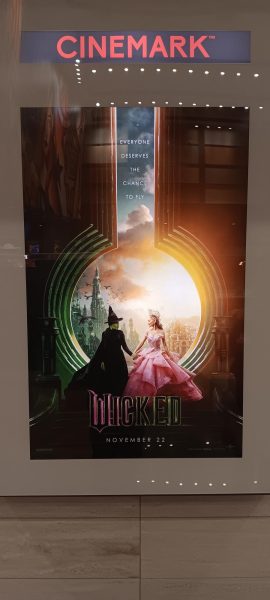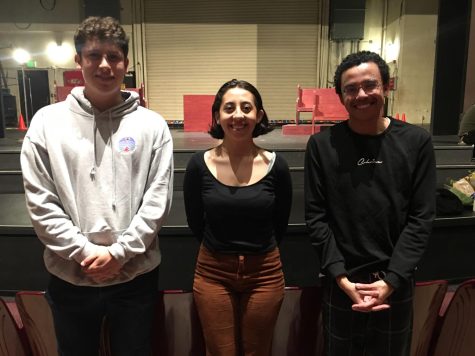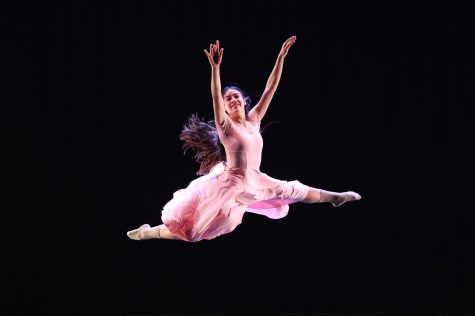“Everybody” play opens a conversation about what comes after death
It is finally 8 p.m. and the play is about to begin. An usher rushes towards the stage to give an introduction of what the play is about.
Keala Fitisemanu, who played the characters Usher and Understanding in the play was very passionate and projected her voice as she opened up the show.
At first, it felt as if she was just giving the audience a background story of what the play will be about and some rules for the play.
Little did we realize; the play had already started.
“Everybody” is a comedic modern telling of the “Everyman” that takes the audience on a more explicit journey towards life’s greatest mystery of death.
As the play went on little by little, it started becoming obvious that the play revolved around the audience, as if the audience ourselves were characters in the play too.
According to Jayongela Wilder’s director’s notes, the play asks questions that are still mysteries in human existence. We all wonder, “What happens when we die?”, “How do we prepare ourselves?” and “What matters most while we are here?”
The play opened up in the setting of a Theatre, where the Usher gave an introduction of what the play will be about to the audience before the show started.
The Usher then turned into God, who was also played by Keala Fitisemanu, who calls on Death, played by Timothy William Avila, to seek out “Everybody,” played by Elijah Villongco.
Death informs “Everybody” that they are going to die and face judgment.
This leads “Everybody” to feel afraid and not want to die alone. They ask Death if they can bring one person with them on this terrifying journey. Death agrees to let “Everybody” bring someone with them but the question throughout the play is “Who?”
Throughout the play, the actors were able to get into character while simultaneously acting while wearing masks to protect the cast against COVID.
It was very interesting to see the actors stay in character while having to act with a mask without losing the projection in their voices or play around with their masks. At times, they have had to lift the masks back up each time it slips down due to their movement.
As for the costumes, all the characters wore different outfits.
Death wore a white suit and had a costume change later that night to an all-black outfit. God wore a red top with a black blazer and pants.
The rest of the cast wore ordinary clothing because their characters portrayed regular people and one could say the costumes represent today’s culture and society.
The stage production team used lighting and dramatic sounds effects to bring the storyline to life.
At the beginning of the play when God appeared, played by Fitisemanu, was speaking on a microphone and the sound team changed her voice by using a deep voice recording to make her sound manly and powerful.
Overall, most people are scared to even start a conversation about it, but “Everybody” brought awareness and open up conversations about what happens after we die.
“Everybody” was a play performed in a light-hearted, funny way to help start those conversations about things like is there a “God, or is God even real? Where do we go after death?”
Growing up, I was taught about the afterlife, God and death in general.
Watching this play did however put in perspective that friends, family and other people you may be close to might mention that they will go through “hell and back for you”.
But when the actual time comes that you need them, their words and promises don’t match their energy and actions.
A key takeaway from the play’s narrative is the perspective that you really only have yourself at the end of the day.
Overall, I really enjoyed the play and would definitely see it again given the chance, since I have never seen a play like “Everybody” before.
“Everybody” is very different and entertaining. I would never have thought that a play about death would be as fun to watch as this play was
When you think about death and what is death, you believe the play will be dark and sad. But this play was the complete opposite. “Everybody” brings both fun and curiosity to the concepts of life and death.






